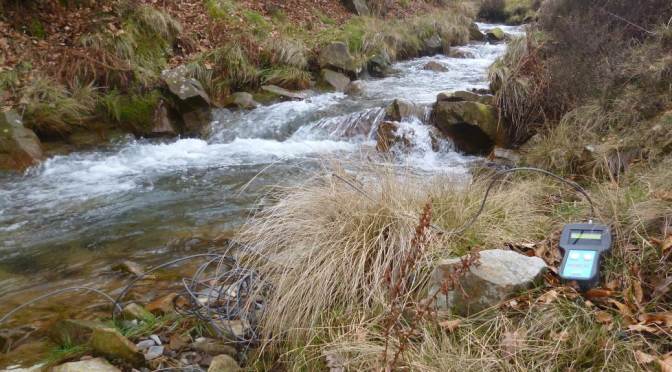Hydropower is a widely understood source of renewable electricity with the opportunity of continuous, reliable generation over many years a key benefit. Many hydro stations operate with a high capacity factor, generating at maximum power for long periods each year.
It is vital that hydro schemes are carefully planned so that the environmental benefits of clean renewable energy generation are realised with minimal disruption to river ecology. At many ‘low head’ sites, the installation of hydropower provides an opportunity for local environmental improvements such as the installation of a fish pass at locations which were formerly barriers to fish movement.
It most countries hydropower schemes are strictly regulated and require appropriate environmental permissions.
In the United Kingdom and other European countries, The Water Framework Directive and Eel Regulations (2015) have new implications for how all hydropower is implemented.
Design of intake systems involving flow splits, fish passage and self-cleaning screening systems are now key project elements which we will help you implement.
In the UK regulatory services are provided by the Environment Agency (England), Natural Resources Wales, Scottish Environmental Protection Agency and Northern Ireland Environment Agency.


Hydromatch Consulting will navigate the regulatory system to achieve the best results for both the environment and your hydro project.
Our project documentation is concise and clear so that the design proposals are illustrated in a manner which can easily be interpreted by all stakeholders including regulators.
We have extensive experience of modelling hydro system behaviour under changing river conditions and under different regulatory principles. We use software found at Hydromatch Online to rapidly predict changes to energy generation and illustrate impacts for river flows.
.
